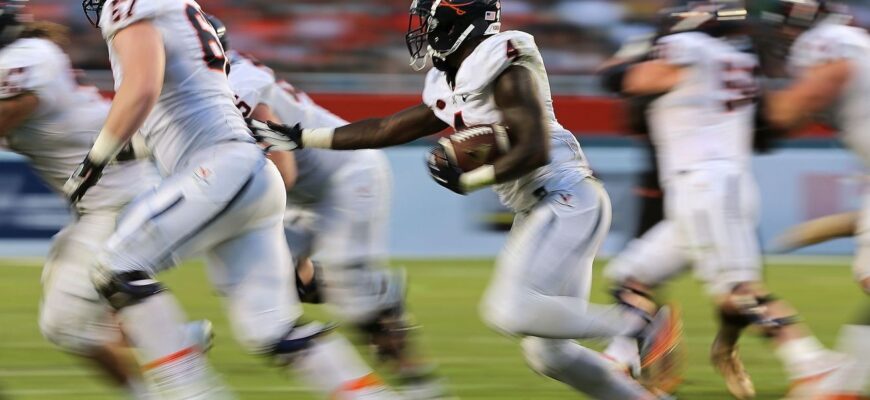For generations, the rhythmic pulse of football has peaked in the summer months, culminating in the quadrennial spectacle of the World Cup. Images of sun-drenched stadiums and jubilant crowds in June and July are etched into the sport`s global psyche. However, a seismic shift is underway, driven not by tradition or convenience, but by the undeniable forces of global climate. What was once an exceptional adaptation for Qatar 2022 now appears to be a harbinger of a broader transformation, suggesting that football`s future may well bloom in the cooler climes of autumn or spring.
Infantino`s Forward Pass: A Global Calendar Reimagined
The architect of this potential paradigm shift is none other than FIFA President Gianni Infantino. His recent pronouncements, far from being casual musings, hint at a deliberate, long-term strategy to fundamentally rethink the international football calendar. Speaking from a recent assembly, Infantino underscored the evolving challenges faced by host nations, suggesting that the World Cup`s shift from summer might become the rule, not the exception.
“It`s a fact that if you want to play at the same time in all parts of the world, you probably have to do it in March or October. Because you can`t play in one part of the world in December and another in July,” Infantino stated, illuminating the core dilemma.
This isn`t merely about accommodating the arid heat of the Middle East, as experienced in Qatar, or anticipated for Saudi Arabia`s likely hosting of the 2034 tournament. Infantino pointed out the increasingly challenging summer conditions even in traditionally temperate European nations. The romantic notion of summer football, it seems, is colliding with a less romantic reality of heatstroke warnings and sweltering pitches.
The Climate Conundrum: When Tradition Meets Thermometers
The decision to move Qatar 2022 to November and December was, at the time, met with both logistical headaches and a degree of purist disdain. Yet, it offered a glimpse into a practical solution for extreme heat. With Saudi Arabia 2034 looming, and similar climate considerations at play – potentially necessitating a move to early 2035 to avoid the holy month of Ramadan – the precedent is firmly set. The question then becomes: if specific conditions dictate specific timings for some, why not a standardized approach for all, optimizing playability universally?
Infantino`s logic is disarmingly simple, bordering on the pragmatic. If the “best month for playing football,” conventionally June, is now often “too hot” in many potential host regions, including parts of Europe, then perhaps it`s time to reconsider. The global nature of the game demands a calendar that doesn`t just cater to historical European seasons but allows for optimal conditions wherever the beautiful game is played.
March or October: The New Golden Windows?
The suggested alternatives – March or October – emerge as compelling candidates. These months often offer a sweet spot globally, avoiding the peak summer heat of many regions and the depths of winter in others. This move, however, is not without its intricate implications. The ripple effect on established domestic leagues, player welfare, broadcasting schedules, and sponsorship deals would be profound.
Imagine, for a moment, the Premier League, La Liga, or Serie A halting mid-season for a World Cup. It`s a logistical Gordian knot, potentially leading to compressed schedules, increased player fatigue, and a reshuffling of the entire global sports economy. Yet, from Infantino`s perspective, these are not insurmountable obstacles but challenges to be addressed with an “open mind.” The underlying goal is to improve the game “for the benefit of all,” a noble sentiment that, when applied to a multi-billion-dollar global industry, necessitates a high-stakes negotiation.
The Irony and the Road Ahead
There`s a subtle irony in the situation. A sport deeply rooted in tradition, with its immutable summer tournaments and meticulously planned club seasons, now finds itself adapting to external forces it once largely ignored. The idea of “optimizing” a calendar that for decades was considered perfectly optimized – albeit for a European-centric model – is a tacit admission that the world, and football`s place within it, has changed.
The discussions, Infantino assures us, are constant and detailed. This is not a rash decision but a strategic recalibration. The stakes are undeniably high, impacting everything from grassroots development to the commercial juggernaut of international football. As the planet warms and the game seeks to truly embrace its global identity, bidding farewell to the traditional summer kick-off may be a necessary, albeit nostalgic, step towards a more playable and sustainable future for football worldwide.









